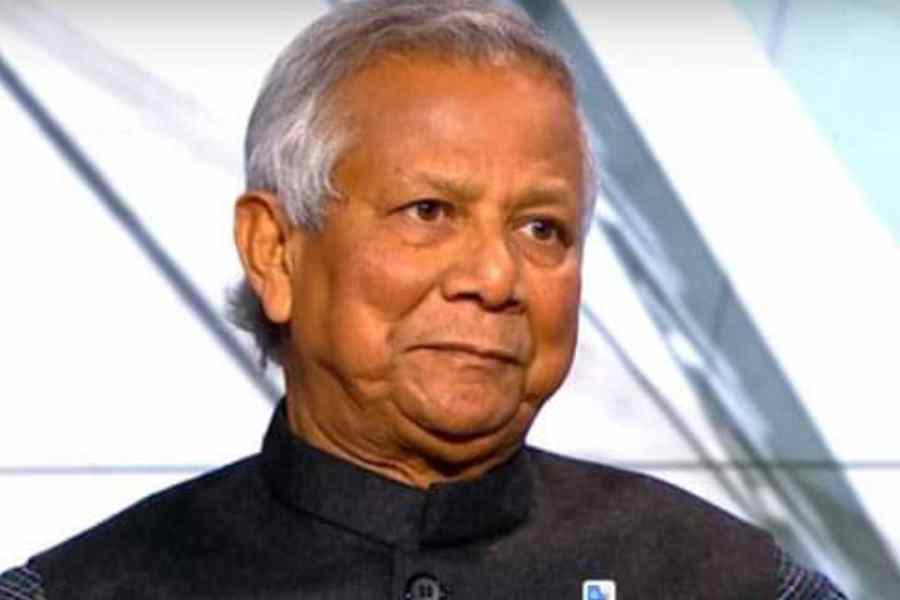Nationhood is often the outcome of a vision. The most reliable manifestation of such a vision is the values that guide nations in the course of their journeys as republics. There is a line of thinking — perhaps an idealistic, innocent line of thinking — which believes that the foundational vision and the values that are associated with it ought to be inviolable. That somehow, they will withstand, even defy, the currents of time as well as survive the changes in political regime. The history of the subcontinent in the post-colonial years, however, has proved that such assumptions are far from correct. The transitions in the characters of nations, their people and their values are thus inevitable.
Bangladesh, which is now trying to return gingerly to some sort of normalcy after tumultuous weeks that saw a spirited protest by students causing the fall of the Sheikh Hasina Wajed government, has shown that the foundational principles of nation states need not remain constant. In fact, Bangladesh’s birth was the consequence of a violent contest between two conflicting ideological frameworks. While West Pakistan was in favour of an Islamic State in Bangladesh that would accord Urdu the pride of place, Bangladesh’s people rose in unison demanding the replacement of this template with one that prioritised democracy, secularism, socialism and Bengali, the nation’s mother tongue. Since its inception, the tension between these two mutually exclusive templates has left its mark on Bangladesh’s body politic that has, consequently, been a witness to numerous changes in guard. That the nation may have turned another corner in recent weeks was conveyed by the image of a joyous crowd toppling the statue of Sheikh Mujibur Rahman: there could not have been a more potent symbol of contemporary Bangladesh’s indifference, even antipathy, towards everything Mr Rahman stood and fought for. Does this mean that the future of a secular, liberal and democratic Bangladesh is in peril? The answer lies with Muhammad Yunus and his new interim government. Of course, Bangladesh is not the only country to have faced accusations of turning a blind eye towards its formative values. New India’s rulers seem to have jettisoned pluralism and inclusivity, two tenets in the republic’s original charter of values, from their scheme of things, leading to widespread concern and dissent.
The question really is this: what leads to the erosion of the roots that ought to bind a nation to its original commitments? In the hands of unimaginative minders, ideals often remain trapped in their own halos, preventing their assimilation into the fabric of a nation. This leads to a distancing between a concept and its praxis in national life. Secularism’s vulnerability, in both India and Bangladesh, could be cited as a case in point. The need of the hour then is a renewed, collective pledge to democratise a nation’s foundational tenets by cementing their ownership and practice in the public realm. This could replenish a country’s compact with the national charter. That democracies need to liberate ideals from the gatekeepers of power and knowledge is an irony that must not go unnoticed.










